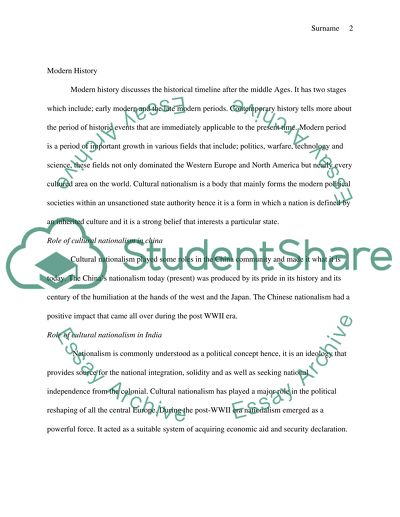Cite this document
(“Modernity and Tradition in Asia Essay Example | Topics and Well Written Essays - 1000 words”, n.d.)
Retrieved from https://studentshare.org/environmental-studies/1422321-modernity-and-tradition-in-asia
Retrieved from https://studentshare.org/environmental-studies/1422321-modernity-and-tradition-in-asia
(Modernity and Tradition in Asia Essay Example | Topics and Well Written Essays - 1000 Words)
https://studentshare.org/environmental-studies/1422321-modernity-and-tradition-in-asia.
https://studentshare.org/environmental-studies/1422321-modernity-and-tradition-in-asia.
“Modernity and Tradition in Asia Essay Example | Topics and Well Written Essays - 1000 Words”, n.d. https://studentshare.org/environmental-studies/1422321-modernity-and-tradition-in-asia.


